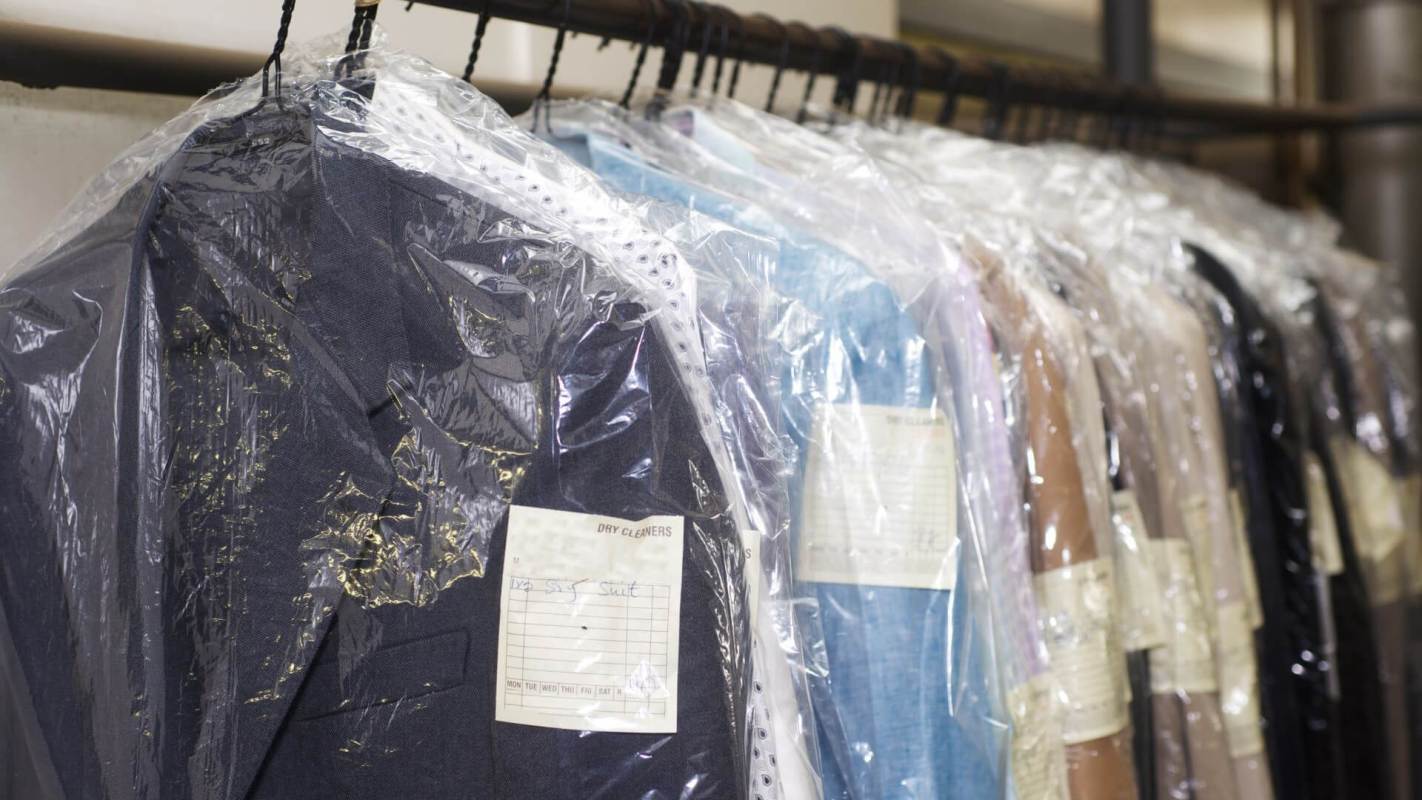"This shirt is dry-clean only," comedian Mitch Hedberg once joked, "which means it's dirty."
Though there are those of us who, like Hedberg, eschew the recommended care for our more particular clothing, dry-cleaning is still big business. The U.S. dry-cleaning market was worth approximately $7.1 billion in 2022. But can the industry, which still primarily uses the toxic chemical perchloroethylene (PERC) to treat clothing, go green?
In recent years, dry cleaners have been showing signs of environmental improvement. Companies like GreenEarth Cleaning, which uses a silicone-based cleaner, and Mulberry's Garment Care, which uses toxin-free detergents (and recycled wood for its hangers), are out to prove that eco-friendly dry cleaning can achieve the same results as the more toxic alternative.
Governments are taking action, too. The California Environmental Protection Agency crafted regulations that eliminated the use of PERC by all of the state's dry cleaners beginning Jan. 1.
Consumers seeking to avoid PERC, which the International Agency for Research on Cancer classifies as "probably carcinogenic to humans," have several greener options to choose from.
In a 2021 article in the journal Frontiers in Public Health, a group of scientists and public health professionals cite a number of "safer alternatives" to PERC dry-cleaning methods, including high-flashpoint hydrocarbons and a "relatively new" process called System K4.
"To ensure the sustainability of the fabric cleaning industry and the health of workers and nearby communities," the authors assert, "continued investment in transition programs and research into safer alternatives to PERC is needed."
Environmental nonprofit Green America agrees but cautions that consumers need to be careful when choosing a green dry-cleaning company.
"If your cleaner claims to be Earth-friendly, be sure to ask about the specific non-toxic dry cleaning methods and chemicals she or he uses," the group says. "Some dry cleaners will advertise as 'green,' 'organic,' or 'environmentally friendly' when they are anything but safe for the Earth."
Green America recommends hand washing delicate items at home when possible or opting for the two greenest dry-cleaning methods: professional wet cleaning or liquid carbon dioxide.
Whatever you decide, it's nice to know that you don't have to choose between a dirty shirt and a dirty planet.
Want more? Follow The Cool Down on Instagram and join our Weekly Newsletter for cool stories and easy tips that save you money, time, and our planet.








